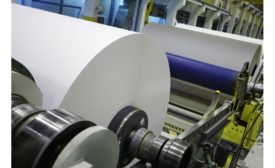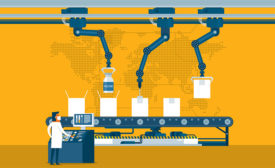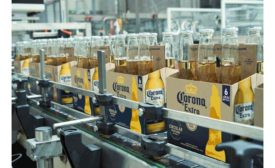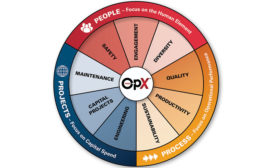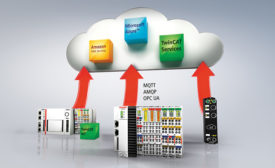Home » consumer packaged goods
Articles Tagged with ''consumer packaged goods''
Industry Q&A
Metsä Board’s Mika Joukio shares his thoughts on sustainable packaging, package design trends and the impact of COVID-19 on the industry.
Read More
Spotlight
Packaging Line Optimization in the Age of a Pandemic
Changes that occurred during COVID-19 and lessons learned
March 31, 2021
Spotlight Feature
Packaging Outlook 2020: Collaboration, Innovation, Flexibility
Consumer packaged goods manufacturers, retailers and OEMs are finding new growth with partner collaborations.
March 20, 2020
Automation
There Is No One-Size-Fits-All IIoT Strategy
With or without the cloud, scalable IIoT technologies solve common problems, such as inefficient compressed air systems.
March 18, 2020

